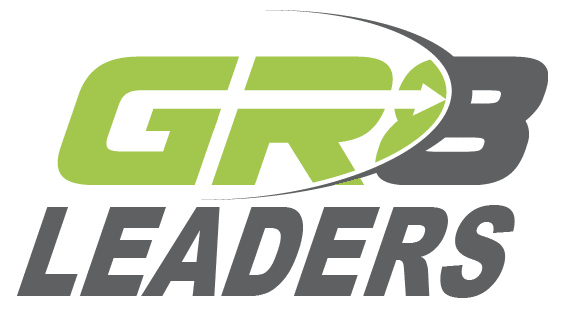Be A Catalyst reinforces the critical element for leaders about having values and standing on them. Leading change requires discipline, focus, and not becoming like the people or situation that needs changing. Change tests the character of a leader and whether they are leading. It’s easy to bow to pressure if you do not have a clear end result and the desire to achieve it.
Recognize and Recover from Mistakes promotes vulnerability as strength not weakness. Leaders who find ways to prevent or minimize the 10 Fatal Flaws and 18 Common Mistakes help themselves and their organization. They become “real” and are likely seen as such by others when appropriately relating mistakes. Being accountable for mistakes, not blaming others, and making plans to change create a truth structure for the organization that is essential for sustained viability. An effective start for recovery is learning the art of apology – Agree, Acknowledge, Admit, and Announce.
Get Over the Past focuses on a major obstacle to leaders, relationships, and organizations. Too often, the past is treated as if it is still with us, but it isn’t. It’s over! Living in the past moves us out of reality, stunts growth, and prevents positive change. The primary method to prevent the past from controlling you today, especially when someone has wronged you, is forgiveness. Don't think this is only a topic for religions, it is 100% applicable to work and everyday life.
| Module 1 | Be A Catalyst | |
|---|---|---|
| Unit 1 | 100000 – Exercise | |
| Unit 2 | 100001 – What Is a Catalytic Leader? | |
| Unit 3 | 100100 – Why Do They Initiate Change? | |
| Unit 4 | 100200 – COURAGE of A Catalytic Leader | |
| Unit 5 | 100300 – Catalytic Leaders and Administrators | |
| Unit 6 | 100400 – Exercise: Courage Assessment | |
| Unit 7 | 100500 – Exercise Feedback | |
| Unit 8 | 100600 – Change Involves Three Places | |
| Unit 9 | 100700 – Path Is Not Smooth | |
| Unit 10 | 100800 – A Critical Role | |
| Module 2 | Recognize and Recover from Mistakes | |
| Unit 1 | 101000 – 18 Common Mistakes | |
| Unit 2 | 101100 – Exercise: Overcoming Flaws and Mistakes | |
| Unit 3 | 101200 – The Power of Apologizing | |
| Unit 4 | 101300 – Changing Behavior Using Apology | |
| Unit 5 | 101400 – Apology Guidelines | |
| Unit 6 | 101500 – Recovery Myths | |
| Unit 7 | 101600 – Recovery Plan Examples | |
| Module 3 | Get Over the Past | |
| Unit 1 | 101700 – The Past Is Powerful | |
| Unit 2 | 101800 – Consequences of Unforgiveness | |
| Unit 3 | 101900 – Leadership Lesson from Armando Galarraga | |
| Unit 4 | 102100 – Forgiveness Is Like Treating a Wound (R) | |
| Unit 5 | 102200 – Step 1: Face Their Humanity (R) | |
| Unit 6 | 102300 – Step 2: Overlook Revenge | |
| Unit 7 | 102400 – Questions to Help Identify Vengeance | |
| Unit 8 | 102500 – Step 3: Renew Your Mind | |
| Unit 9 | 102600 – Step 4: Give It Up | |
| Unit 10 | 102700 – Step 5: Apply Your Decision | |
| Unit 11 | 102800 – Step 6: Validate Your Decision | |
| Unit 12 | 102900 – Step 7: Enjoy Freedom and Healing | |
| Unit 13 | 103000 – Exercise: Forgive | |
| Unit 14 | 103100 – Not Pardoning | |
| Unit 15 | 103200 – Not Forgetting | |
| Unit 16 | 103300 – Not Restoring or Reuniting | |
| Unit 17 | 103400 – Exercise: Too Forgiving | |
| Unit 18 | 103500 – Exercise Explanation |
